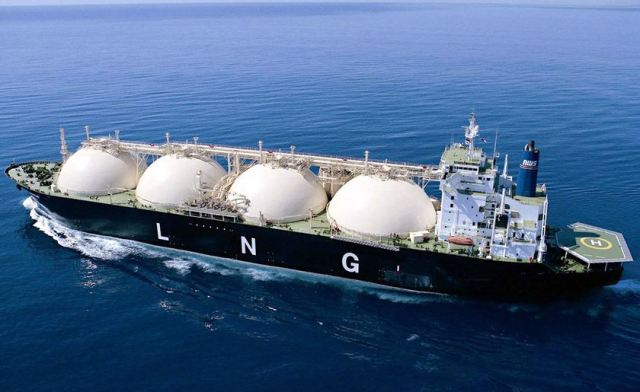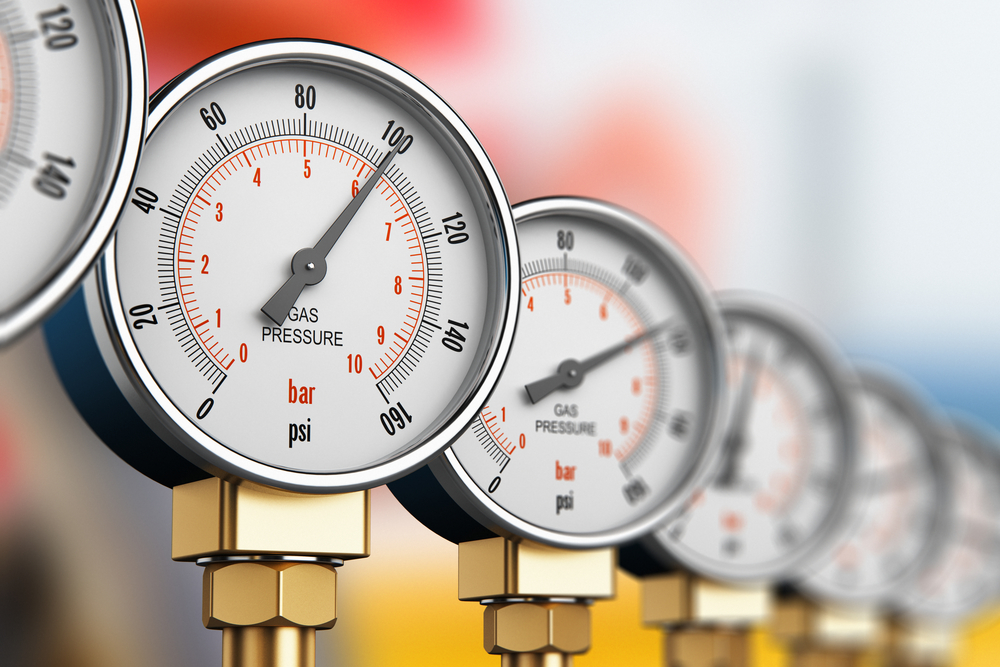Shaping the European Hydrogen Landscape

Panel discussion on “How to transport and store hydrogen? Assessing the potentials of repurposing the gas infrastructure.”
One day after the 4th LNG Summit in the Hungarian capital, industry leaders and policymakers convened at the 2nd Budapest Hydrogen Summit on April 4 to discuss the challenges and opportunities in this emerging field. With a focus on regulatory frameworks, investment conditions, and infrastructure, participants emphasized the importance of flexibility and collaboration in driving the transition toward cleaner energy solutions.
During his opening remarks, Hungary’s Deputy State Secretary for Energy and Climate Viktor Horváth of the Ministry of Energy, declared, “The most important goal for ourselves for the coming year is to set up the basis for the hydrogen economy.”
In his keynote speech, Jorgo Chatzimarkakis, CEO of Hydrogen Europe, discussed the recent progress in regulatory and political spheres and called for further steps to support hydrogen’s role in Europe’s green transition.
In the first panel discussion, energy leaders such as Yelda Guven, policy VP at ExxonMobil Low Carbon Solutions, urged European policymakers to “focus on objectives, reducing emissions for societies, rather than the color of hydrogen.” That was a reference to “green” hydrogen, produced using carbon-neutral energy, or “grey” and “blue” hydrogen, which use more polluting energy in the process.
Najla Al Jamali, alternative energy chief executive at OQ Oman, underlined the importance of green hydrogen in the energy transition but acknowledged that “it is a journey” in which other colors of hydrogen have a role to play.
Ralph Bahke, Gas Infrastructure Europe (GIE) hydrogen area sponsor and managing director at ONTRAS, stated, “The only thing missing is a regulatory framework and stable investment conditions.”
Ákos Hegedüs, managing director at Linde Gas Hungary, said that Hungary currently only has grey hydrogen production but believed there would be a mix in the future. Szabolcs I. Ferencz, chairman-CEO of FGSZ (the owner and operator of the Hungarian high-pressure natural gas pipeline system, servicing gas distribution companies, power plants, and large industrial consumers), discussed the underperformance of the hydrogen market.
“Europe, as we see, is still better at the production of regulations than actually producing hydrogen,” he told the audience.
Legal Framework
Ion Sterian, director general at Transgaz Romania, emphasized the need for a transparent background against which to work, stating, “We need a legal frame; without legislation, we cannot do anything.”
A panel on hydrogen mobility saw experts discuss the prospects for utilizing hydrogen in a decarbonized transport sector. Gáspár Balázs, Alstom Hungary’s CEO, highlighted the significant expected increase in Hungary’s energy consumption and the potential role of hydrogen transportation.
Richárd László, country director of Toyota Central Europe Hungary, said, “We are ambassadors for this technology,” referring to Toyota’s commitment to hybrid technologies.
In the conference’s final panel discussions, experts addressed current and future regulations, financing, and the investment landscape. Jan Jakob Peelen, partner and co-head of the Europe Energy sector group at global law firm Dentons, noted that many electrolyzer projects are subsidized, making them more feasible.
Pál Ságvári, vice president of the Hungarian Energy and Public Utilities Regulatory Authority (Mekh), said that the current regulation is too biased toward renewables-produced hydrogen and urged more flexibility to build local competitiveness. He added that a regulated Hungarian hydrogen market could be established by the middle of next year.
Participants at the summit also discussed the importance of collaboration and innovation in driving the hydrogen economy forward. Oleksandr Diachenko, vice president of the Ukrainian Hydrogen Council, emphasized the role of repowering Ukraine in the broader context of repowering Europe.
Local Adaptation
Constantinos Papalucas, coordinator of the Greek National Hydrogen Committee and managing director of EastMed Energy Hub, presented a roadmap for developing a hydrogen economy based on the Greek experience.
“It is important for us to help the local community to adapt to the new realities, and hydrogen can be a good driver for this change.”
Tudor Constantinescu, principal adviser at the European Commission’s Directorate-General for Energy, highlighted the EU’s progress in establishing a hydrogen market, saying, “We have moved from kilowatts to megawatts.” He also mentioned the fragmented financing sphere and the challenges posed by external factors like the invasion of Ukraine and the REPowerEU package.
Péter Horváth, CEO of Met Group’s Dunamenti Power Plant here in Hungary, presented his analysis using the Leibereich clean hydrogen ladder and urged the industry to “start small and scale up.” He warned that imposing too many hydrogen industry restrictions may discourage private investors.
Andreas Noky, project manager at Clean Hydrogen Messer SE & Co. KGaA, discussed the four pillars of Hungary’s national hydrogen strategy and Messer’s support in delivering the green transition in public transport.
“When it comes to transportation, we are in a very good position to support the transition,” he said, emphasizing the ultimate prize: “Keep in mind, the goal must be green. Full stop.”
In the concluding discussions, participants explored the role of the widely reported European Hydrogen Bank in scaling up the EU hydrogen economy. They acknowledged the importance of establishing a robust financial framework to support the growth and expansion of the hydrogen sector across Europe.
This article was first published in the Budapest Business Journal print issue of April 11, 2023.
SUPPORT THE BUDAPEST BUSINESS JOURNAL
Producing journalism that is worthy of the name is a costly business. For 27 years, the publishers, editors and reporters of the Budapest Business Journal have striven to bring you business news that works, information that you can trust, that is factual, accurate and presented without fear or favor.
Newspaper organizations across the globe have struggled to find a business model that allows them to continue to excel, without compromising their ability to perform. Most recently, some have experimented with the idea of involving their most important stakeholders, their readers.
We would like to offer that same opportunity to our readers. We would like to invite you to help us deliver the quality business journalism you require. Hit our Support the BBJ button and you can choose the how much and how often you send us your contributions.







